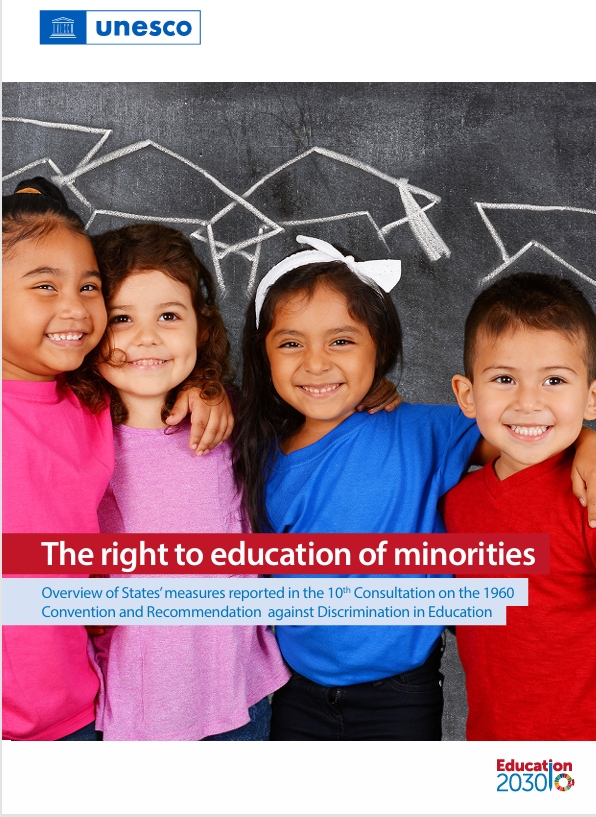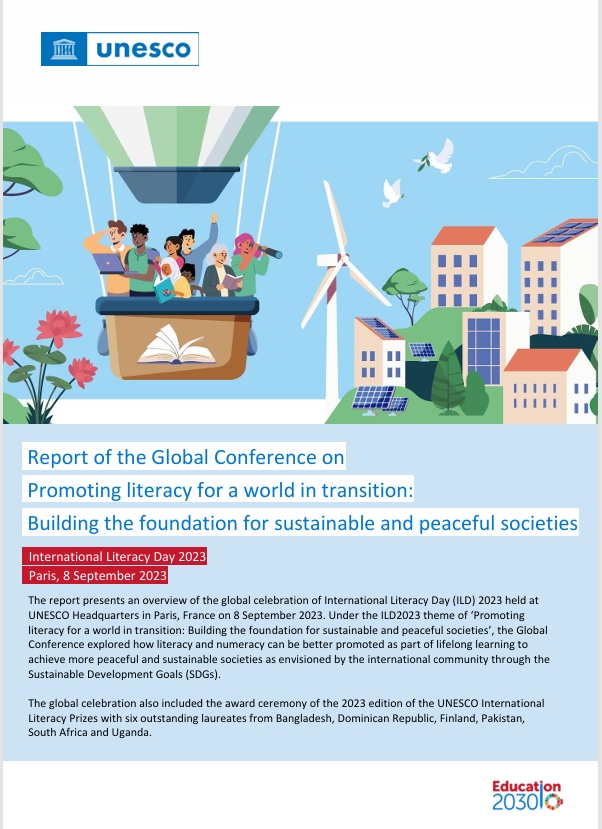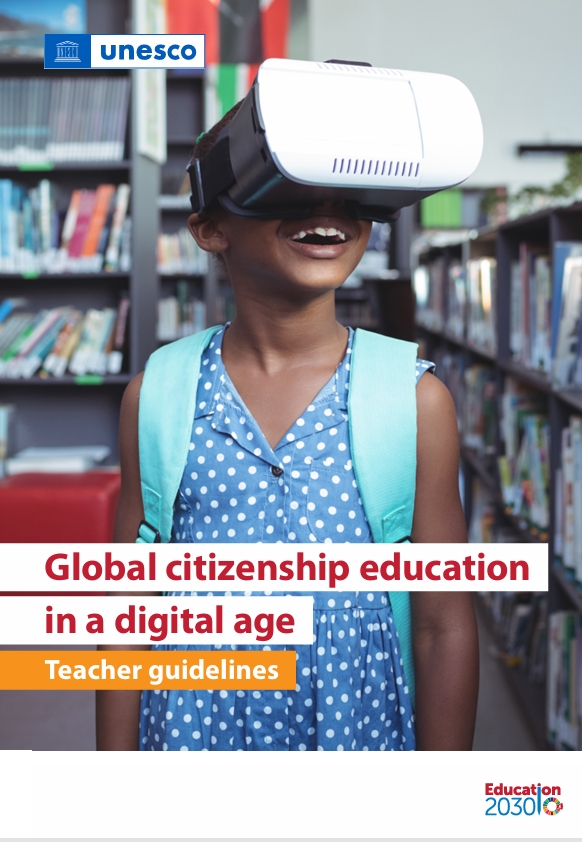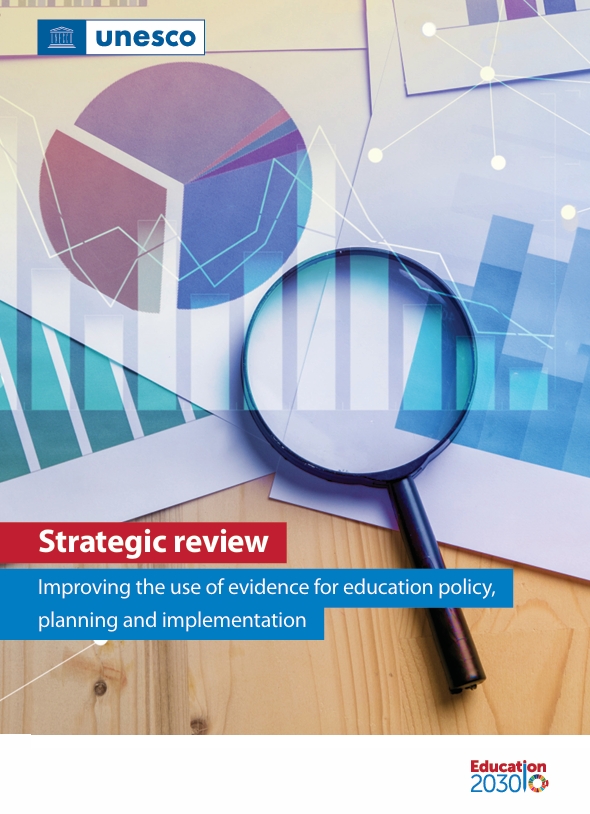Summary
Diversity in education is a valuable asset that promotes social cohesion, cultural diversity, economic benefits, and inclusive societies. However, persons belonging to minorities often face significant risks, including human rights violations and multiple forms of discrimination. The Vision Statement from the Secretary General during the 2022 Transforming Education Summit emphasized that the most vulnerable and marginalized, including minorities, are being left behind. As social tensions increase, minorities are increasingly excluded from society, particularly in education.Access to inclusive and equitable quality education, framed within a lifelong learning perspective, is crucial for the effective and full inclusion of minorities in society. Target 4.5 of Sustainable Development Goal 4 calls on States to ensure equal access to all levels of education and vocational training for vulnerable populations, including persons with disabilities, indigenous peoples, and children in vulnerable situations, which includes minorities.
This document is part of a series of thematic reports by UNESCO on the implementation of the right to education. It is based on findings from the Tenth Consultation on the implementation of the 1960 Convention and Recommendation against Discrimination in Education, conducted in 2020-2021, and serves as a practical tool for information sharing and advocacy.






